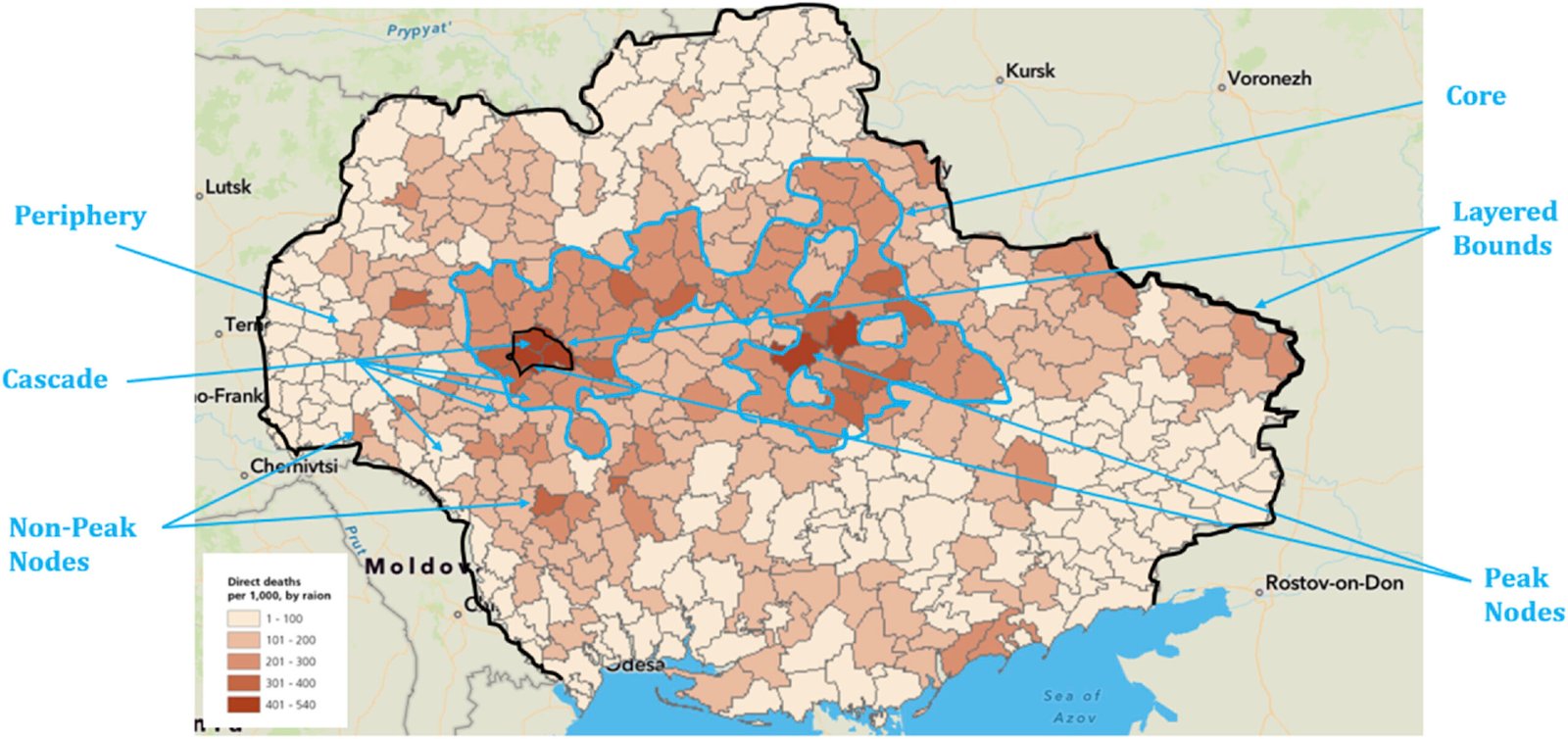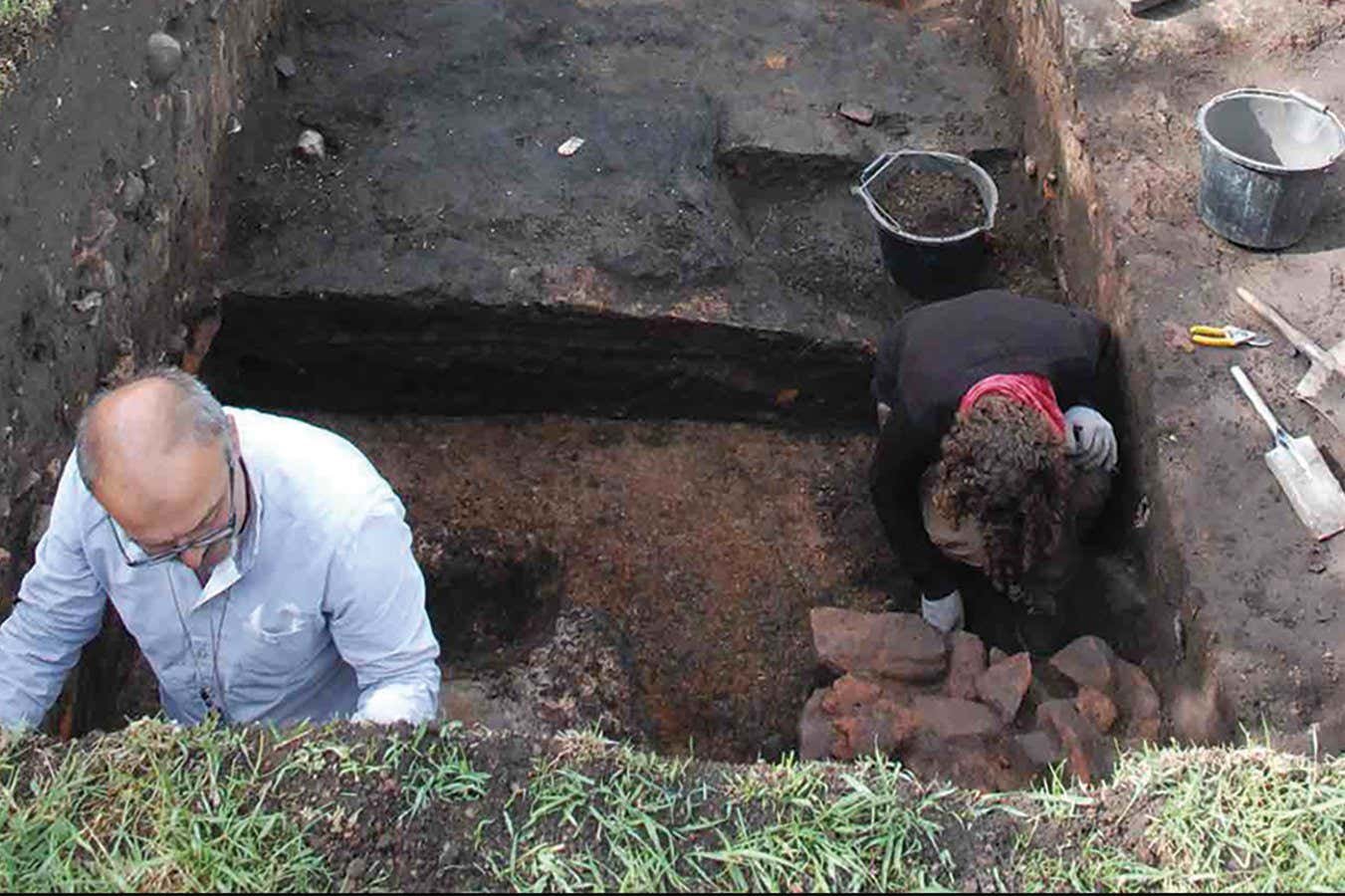
Two new papers published by Feinstein Director Paul Howe offer insights that could improve famine prevention and response. Howe is the Irwin H. Rosenberg Professor of Nutrition and Human Security and Professor of the Practice at the Friedman School of Nutrition Science and Policy at Tufts University.
In a study published in Disasters, Howe proposes a new integrated approach to analyzing famine causation that considers both how and why famines occur.
Using examples in Somalia, Ukraine, and Russia, the article illustrates how an integrated approach is key to understanding the trajectories of famine crises. This deeper understanding can improve early warning, humanitarian action, and prevention.
In another study published in Global Food Security, Howe and co-authors Theo Anastopoulo and Christopher Newton develop a standardized approach to describe the geographic scale and pattern of famines.
They propose terminology and typology to more easily identify spatial patterns and define populations and areas in need of assistance.
Together, the two studies offer new ways to help better analyze, respond to, and prevent hunger crises before they escalate into famines.
More information:
Paul Howe, How and why famines form: towards an integrated approach to causation, Disasters (2025). DOI: 10.1111/disa.70010
Paul Howe et al, Seeing famines: An exploration of the spatial dimensions of severe hunger crises, Global Food Security (2025). DOI: 10.1016/j.gfs.2025.100878
Provided by
Tufts University
Citation:
New insights for understanding and preventing famines (2025, September 11)
retrieved 11 September 2025
from https://phys.org/news/2025-09-insights-famines.html
This document is subject to copyright. Apart from any fair dealing for the purpose of private study or research, no
part may be reproduced without the written permission. The content is provided for information purposes only.




